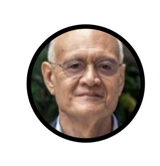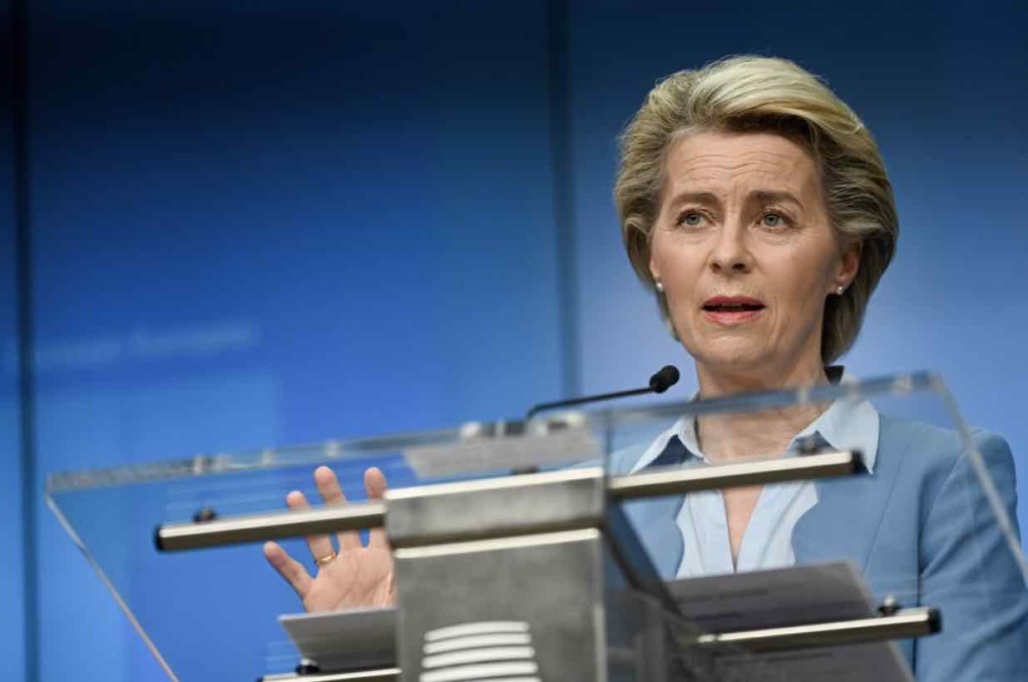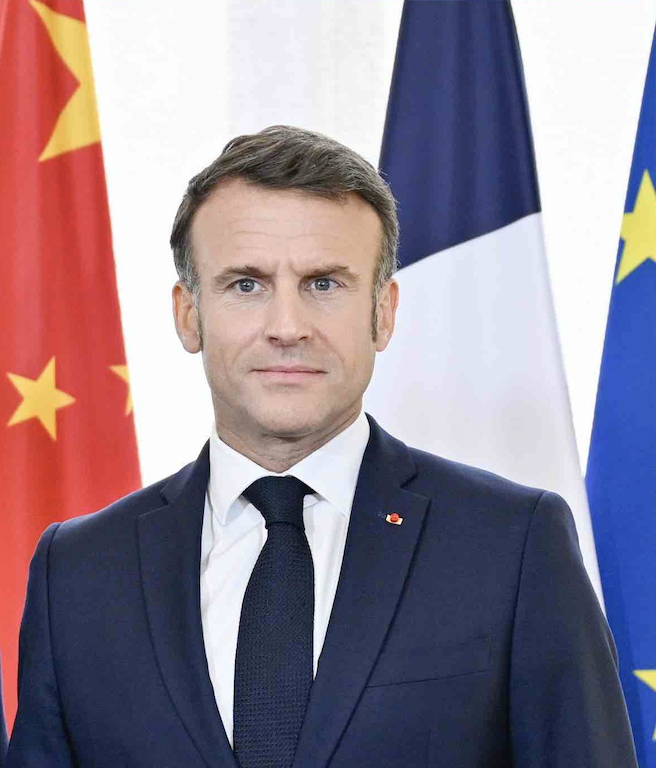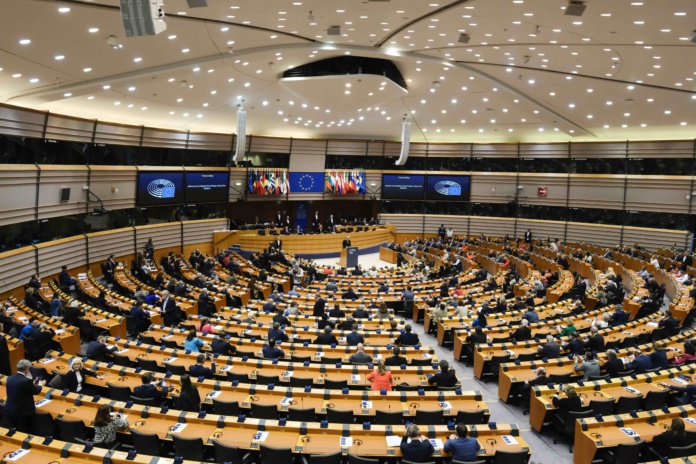By José Luís de Sales Marques,
The European Parliament elections that took place in all 27 member states of the European Union (EU), between June 6 and 9 didn’t bring dramatic changes to the political spectrum of the 720 strong European Parliament (EP).

However, it opens the door for significant personnel changes in the horse trading process that follows leading to the composition of EU institutions, such as the president and commissioners of the EU Commission, the supranational body that acts as the executive arm of the Union, the presidency of the EU Council that coordinates and leads the intergovernmental structure that is responsible for most of the political decisions at the EU level, the presidency of the European Parliament, the only directly elected EU body which has gained increased importance and visibility over the last decade and, the High Representative for Foreign Affairs and Security Policy, the coordinator of foreign and security policies at the EU level. Most importantly, these elections will influence the shaping of policies that those bodies will adapt, with major consequences for the EU and the world in the following five years or more.
Let us start first by looking into the political trends in Europe and the impact of those electoral results on the formation of the new European Parliament (2024–2029). The most important conclusion will be that right-wing parties continued to gain ground in most countries although their electoral outcomes were less than predicted, however, with some significant exceptions, such as: in France, where Marine Le Pen far-right National Rally 31.3% of the vote smashed Macron’s Renaissance Party by a large margin, prompting the current French president to call for snap elections; in Italy, where Georgia Meloni and her party Brothers of Italy confirmed that the Italian prime minister is becoming a strong leader in Europe, someone whose voice is being heard far beyond the boundaries of her arch-conservative political families; and, in Germany where Alternative for Germany (AfD) the far-right party considered too radical by its own European peers has beaten up Chancellor Olof Scholz Social Democratic Party (SDP) to become the second party in the country.
Nonetheless, overall, the Parliament’s composition will not suffer a shocking far-right majority for the time being, with pro-EU coalitions of the Group of European People’s Party (EPP), Group of the Progressive Alliance of Socialists and Democrats (S&D), and Renew Europe Group (RE) holding 403 seats, 56% of the whole Parliament’s composition. Far-right MPs also have major differences among themselves, and, therefore, they are divided in two main groups: The European Conservatives and Reformist Group (ECR) with 83 seats and Identity and Democracy (ID) with 58 seats. Together, they have gained 23 seats, while the current majority lost 11 seats. It seems plausible that some of the far-right gains came from the Greens, who suffered the biggest setback, losing 20 seats in comparison with their results in the last 2019 elections, when they got a record-breaking 71 seats at the height of environmental militancy in Europe and elsewhere. The success of the far-right is been attributed to the fact that their polarising messages – focusing on strong critique of pro-environmental policies and migration- are reaching new sectors of society, namely women, urban workers, professionals, and young voters, when, in the past, they had been traditionally linked to rural voters, de-franchised industrial “rust belts,” and marginalised urban dwellers. Far-right is gaining ground as Europeans feel they are becoming less well-off resulting from low to stagnated economic growth, high inflation, a technological deficit vis-à-vis the US and China reflected in low productivity growth, and the cost of an ongoing war with ever-increasing spending on defence.
Before moving forward, it is important to underline that these European elections are a sum of twenty seven country level elections, each with its own set of political forces, agendas and mostly taken up by internal political debates rather than European level issues. Therefore, the reason why Macron, for instance, suffered such a big blow has much more to do with opposition to his policies in France rather than whatever he has advocated for the EU or in regard to the war in Ukraine. Moreover, each of the groups at the European Parliament is comprised of very different parties, whose agendas can actually differ significantly, except in general principles. Decisions at the EP are not automatically guaranteed by the number of parliamentarians sitting with each coalition, but by the majorities that will eventually be constituted to deliberate on each agenda- issue. An example of this principle could be applied in the election or confirmation at the EP of the principal officials of the EU, namely the President of the European Commission, the President of the Council as well as the High Representative for Foreign Affairs and Security Policy. The President of the Parliament is formally elected by peers, candidates to be nominated by coalitions. It seems certain that Roberta Mesola will get a new two-and-a half-year term. It is no secret that the incumbent Ursula Van Der Leyen has been strongly campaigning to get a second term, and the EPP is working to have a majority supporting her re-election.

European Commission President Ursula von der Leyen (European Union/Handout via Xinhua)
Over the years, Van Der Leyen style of governing the Commission and her political alignment with Biden over major international issues have generated quite an opposition, even within her own commissioners and political family. However, she has collected support from other important EU leaders, including the above mentioned Meloni, who, in my opinion, was the main winner of these European elections, even a deal-maker. Her presidency of the G7, which met recently in Italy, has shown her increasing influence in European politics. She has declared her support to Van Der Leyen and is trowing her weight to demand a much bigger role for Italy as well as her ECR group for important portfolios in the new college of EU commissioners.
Although she had not floated the name of Mario Draghi, her predecessor as Italian prime-minister and political opponent, to replace Charles Michel as the president of the EU Council, the highest position at EU level, she made no secrets in supporting the conclusions of the Draghi report, commissioned by Ursula Van den Leyden, about the future of European competitiveness , considered to be the key to addressing the EU’s structural economic woes. Draghi, as head of the European Central Bank (ECB), made history when, at the height of the 2008 financial crisis, he declared, against tradition and the Bundesbank, that the ECB would support the Euro at all costs, making it almost a lender of last resort and saving the European currency from collapsing. Draghi’s vision for the EU is that the bloc must reduce the gap in research and innovation it has with the US and China in some areas, particularly in artificial intelligence and digitization, in a new geopolitical environment where the old liberal order is clearly in decline. To achieve those goals, the EU must resort to public investment, subsidies, and tariffs to overcome systemic deficits and inefficiencies, and to protect and rebuild European industries in critical areas against competition, mainly coming from China, in support of the twin green and digital transition.

This reminds Macron’s positions regarding European industrial policies, but it goes even further, than the call by the French since it is a political blueprint for measures that the EU will incorporate into policy packages. Although Draghi’s name was not presented during the first round of negotiations that started in Brussels on June 16th, and it is said that he is not interested in the position, he might come out later as an EPP candidate for the Council presidency, particularly if the bloc’s proposal of limiting socialist António Costa, the former Portuguese prime minister and strongest candidate to the post supported by S&D and a number of heads of government with other political colours, to a single two and a half-year term instead of the traditional two automatically renewed consecutive terms. Beside upsetting Costa’s candidacy, this change would also be controversial because, historically, the EU has avoided too much power concentration in a certain group by spreading the main positions among the major pro-EU political families. Von Der Leyen and Mesola are EPP; Kallas is the proposed High Representative; Kallas is from RE; and having Costa at the presidency of the EU Council would guarantee that kind of balance. However, changes are still possible, and new names might come out until the final decision is reached at the EU Council on June 27.
However, beyond all this horse trading regarding who will do what for the next two and a half or five years, it is unquestionable that the policies will be changing in the direction of a more protective Europe in security as well as in the economic and trade dimensions. It will have a foreign economic policy designed to strengthen its resilience in regard to external shocks, and it will not shy away from taking measures similar to those that partners and competitors have taken to protect their own industries, even if those measures translate into government subsidies and tariffs on imports as well as control over inward and outward foreign direct investment. The future doesn’t look too bright for an open and rules-based multilateral trade order and economic governance!




















